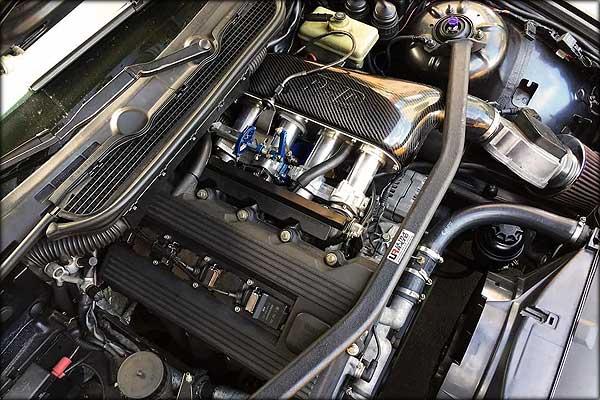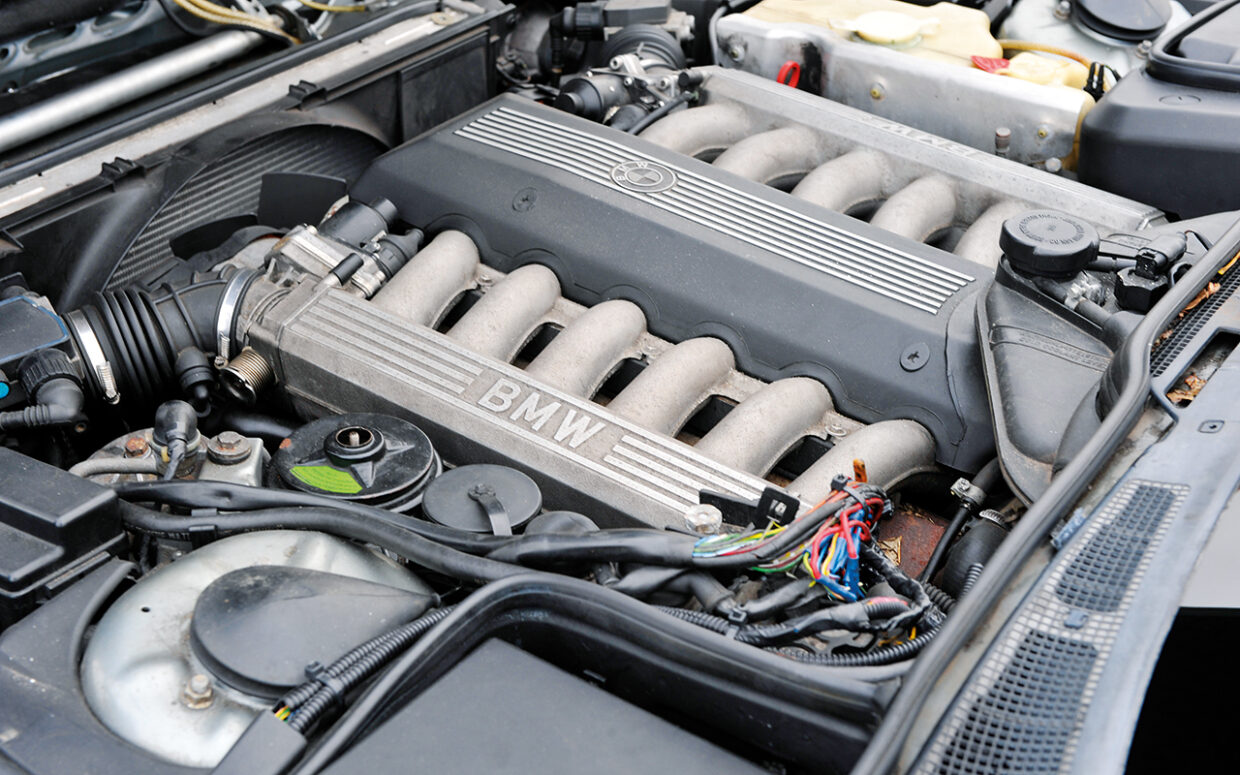Exactly how to Preserve Your BMW Engine for Optimum Efficiency and Long Life
Exactly how to Preserve Your BMW Engine for Optimum Efficiency and Long Life
Blog Article
Revealing the Intricacies of Next-Generation Power Units: a Deep Dive Into Advanced Engine Innovations and styles
As we stand on the precipice of a brand-new age in transport, the ins and outs of next-generation engine styles bid us to explore the sophisticated technologies and developments that guarantee to redefine the driving experience. Delving much deeper into the worlds of emission control, smart engine monitoring systems, and the perspective of power unit development, we discover ourselves on the cusp of a makeover that promises to reshape the landscape of movement as we recognize it.
Evolution of Engine Materials

The change towards progressed engine products has actually additionally made it possible for engineers to create engines with greater power results while keeping fuel efficiency requirements. For instance, using lightweight products lowers the overall weight of the engine, leading to improved gas economy and lower emissions. Furthermore, innovations in materials modern technology have actually permitted far better thermal monitoring within engines, leading to raised reliability and durability.
Turbocharging and Supercharging Technologies
How do Turbocharging and Supercharging Technologies transform engine performance and performance in modern lorries? Supercharging and turbocharging are modern technologies that considerably improve engine performance by boosting the amount of air intake right into the combustion chamber. Turbocharging attains this by utilizing a wind turbine driven by exhaust gases to pressurize the intake air, while turbo charging uses a belt- or chain-driven compressor to achieve the exact same effect.
These innovations allow smaller, extra fuel-efficient engines to create power equivalent to larger ones, called downsizing. By forcing more air into the cyndrical tubes, turbocharging and turbo charging boost combustion efficiency, resulting in increased horse power and torque outcome without a considerable boost in engine size. This causes far better velocity, hauling capacity, and overall driving performance.
Furthermore, turbocharging and supercharging contribute to enhanced fuel performance by permitting the use of smaller sized engines that eat less gas under normal driving problems - bmw engine. This combination of improved efficiency and effectiveness has actually made turbocharging and supercharging important components of lots of contemporary engine designs
Emission Control and Environmental Impact
With increasing global issues relating to air quality and ecological sustainability, the implementation of discharge control technologies in cars plays an important duty in decreasing dangerous pollutants released into the atmosphere. Modern cars are furnished with innovative emission control systems that aid decrease the environmental impact of automotive operations. Catalytic converters, for circumstances, are created to transform harmful gases such as carbon monoxide gas, nitrogen oxides, and hydrocarbons into much less hazardous substances like co2 and water vapor.
Additionally, advancements in engine modern technology, such as the integration of exhaust gas recirculation systems and careful catalytic reduction, have dramatically added to reducing emissions. These innovations function in tandem to optimize combustion performance and decrease the launch of harmful pollutants right into the air. Furthermore, the advancement of hybrid and electrical lorries stands for a vital step towards lowering the general environmental footprint of the transportation field.
Intelligent Engine Administration Systems

Additionally, these systems make it possible for cars to satisfy rigid exhausts criteria without compromising performance, giving a much more environmentally pleasant driving experience. The integration of fabricated intelligence and device learning capacities in engine management systems remains to press the boundaries of what is feasible, causing further enhancements in performance, dependability, and total vehicle performance. try this bmw engine. As automobile technology developments, smart engine management systems will certainly play a crucial function in forming the future of transportation towards an extra effective and lasting direction
Future Trends in Power Device Development
As intelligent engine management systems pave the way for enhanced control and optimization in modern automobiles, future fads in power device growth are positioned to redefine the landscape of vehicle propulsion innovations. These alternate power resources use enhanced effectiveness and performance while straightening with rigorous ecological guidelines.
An additional significant trend is the assimilation of innovative materials and manufacturing techniques. Lightweight materials such as carbon fiber and light weight aluminum are being used to decrease overall vehicle weight, enhancing gas effectiveness and performance. In addition, innovations in 3D printing and additive production are enabling the production of complicated engine components with greater precision and resilience.
Furthermore, synthetic intelligence and artificial intelligence are playing a vital role in maximizing power system performance. These technologies enable real-time monitoring and flexible control, resulting in extra effective and dependable power distribution. Generally, future trends in power device development are tailored towards effectiveness, sustainability, and performance, driving the automobile industry in the direction of a brand-new era of propulsion innovations.

Final Thought
In conclusion, the advancements in engine products, turbocharging, discharge control, and intelligent management systems have actually led the way for next-generation power systems. These advancements have not only better efficiency and efficiency yet likewise decreased ecological influence. As innovation proceeds to develop, future patterns in power unit growth are likely to concentrate on more boosting sustainability and optimizing power result. The detailed styles and developments in modern-day engines display the ongoing advancement of automobile modern technology.
Exploring the progressive developments in engine materials has actually been pivotal in enhancing the efficiency and efficiency of modern engines. Over the years, the advancement of engine materials has actually played a crucial duty in pushing the limits of what engines can accomplish.The shift in the direction of progressed engine products has additionally enabled engineers to make engines with higher power outcomes while preserving gas efficiency requirements.The application of intelligent engine management systems in modern-day cars has changed the way engines are check that regulated and enhanced for efficiency and efficiency. By accumulating information in real-time and evaluating it with advanced algorithms, intelligent engine management systems can adjust to driving designs, ecological factors, and engine wellness to make best use of power output while lessening fuel consumption and emissions.
Report this page